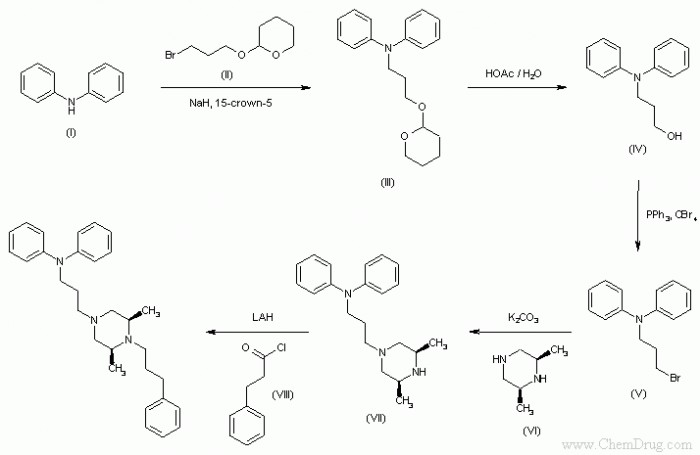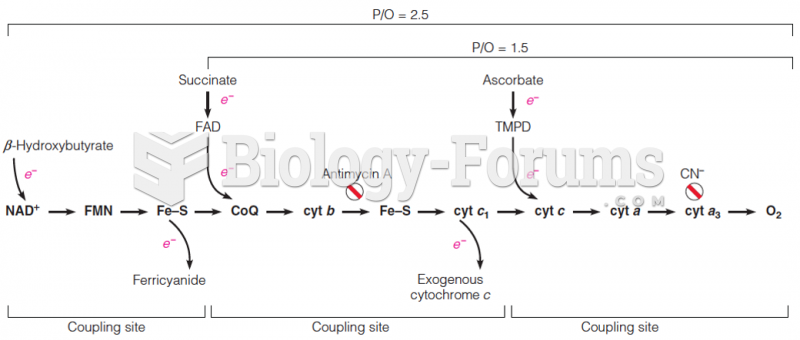Answer to Question 1
Studies show that eyewitness certainty can have some value but only when no
suggestive identification procedures were used. When such procedures were used,
research shows that they increase the confidence of witnesses who pick the wrong
person.
Research also shows that witnesses forget that they were uncertain at the moment of
identification. They come to believe they were certain all along. Research also shows
that a boost in confidence is stronger in mistaken witnesses than it is in witnesses who
are correct. Finally, when the person administrating the procedures make remarks that
boost a witness's confidence, they become even more certain about their identification.
A witness's certainty in their identification affects jury decisions but also whether a
prosecutor will file charges against a suspect or go to trial versus negotiate a plea.
Answer to Question 2
The U.S. Supreme Court test for determining whether a particular identification
procedure has violated due process requires that the defendant prove by a
preponderance of the evidence the following:
(1) The identification procedure was unnecessarily and impermissibly suggestive.
(2) The totality of circumstances proves that these procedures created a very
substantial likelihood of misidentification.
Five circumstances (factors) make up the totality of circumstances under the due
process test:
(1) Witness's opportunity to view defendants at the time of the crime.
(2) Witness's degree of attention at the time of the crime.
(3) Witness's accuracy of description of defendants before the identification.
(4) Witness's level of certainty when identifying defendants at the identification.
(5) The length of time between the crime and the identification procedure.







